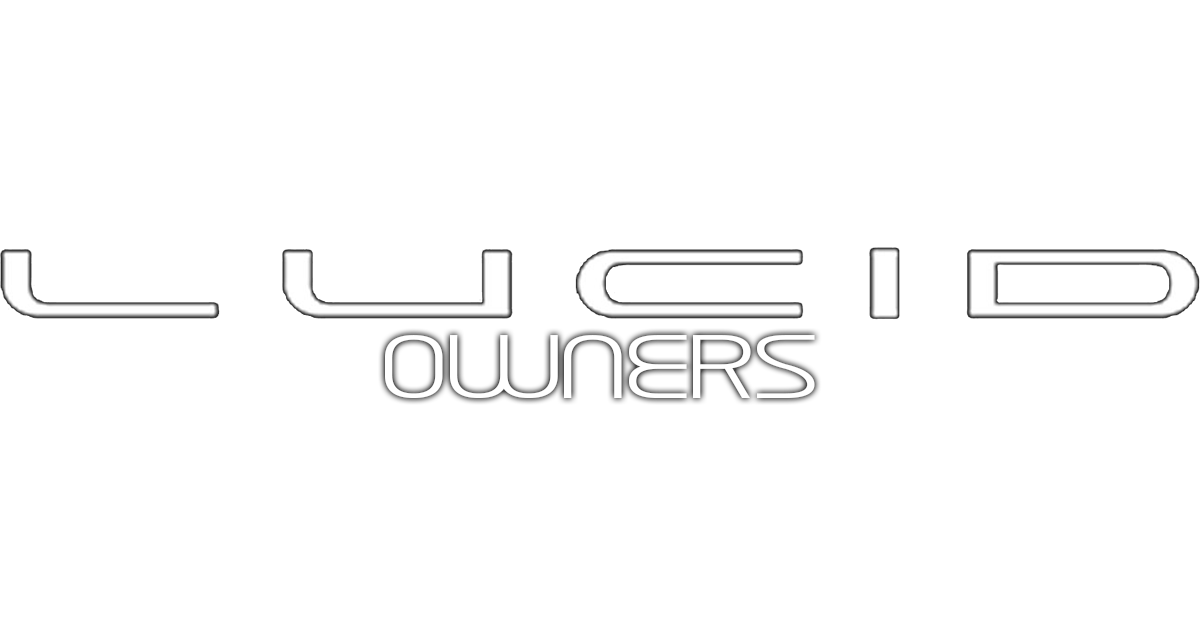phantomias
Member
- Joined
- Jan 11, 2022
- Messages
- 33
Hi Everyone,
I never had an EV before and therefore I wanted to get opinion from more experienced people.
Before my car arrives, I am planning to install a charging station into my garage and I couldn't decide between ChargePoint vs Lucid Home Charger. I had two questions to make a decision.
1) Does anyone know if Lucid Home Charger can be used to charge other EV cars such as Tesla , Audi, Mercedes etc. Do we need to replace the hardware if we decide to buy another brand in the future?
2) This question is more important. LCHC can charge the vehicle up to 80 A, whereas the max you can get from ChargePoint is 40A ( or 48A if it is hardwired)
How would this effect the battery health? Do you think having twice as fast charging speed could cause the car having more battery degradation in the long term? ( Since using L3 charging all the time is not good for the battery I had some doubt to choose LCHC)
Thank you for your opinion and clarification.
Phantomias
I never had an EV before and therefore I wanted to get opinion from more experienced people.
Before my car arrives, I am planning to install a charging station into my garage and I couldn't decide between ChargePoint vs Lucid Home Charger. I had two questions to make a decision.
1) Does anyone know if Lucid Home Charger can be used to charge other EV cars such as Tesla , Audi, Mercedes etc. Do we need to replace the hardware if we decide to buy another brand in the future?
2) This question is more important. LCHC can charge the vehicle up to 80 A, whereas the max you can get from ChargePoint is 40A ( or 48A if it is hardwired)
How would this effect the battery health? Do you think having twice as fast charging speed could cause the car having more battery degradation in the long term? ( Since using L3 charging all the time is not good for the battery I had some doubt to choose LCHC)
Thank you for your opinion and clarification.
Phantomias
